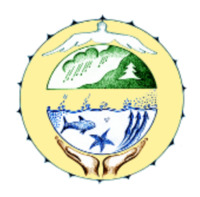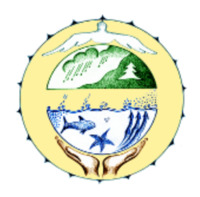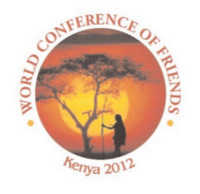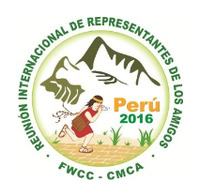Search
4 items
-
A Shared Quaker Statement: Facing the Challenge of Climate Change
This statement calls for leaders to make sound decisions with regard to climate change, and for all people to cherish the Earth for future generations. The following introductory section highlights the sense of urgency:
"As Quakers, we understand anthropogenic climate change (climate change due to human activities) to be a symptom of a greater challenge: how to live sustainable and justly on this Earth.
We recognize that the current rise of greenhouse gas emissions is leading to an unprecedented rate of increase in global average surface temperature of extreme detriment to the Earth’s ecosystems and species, including human beings.
We recognize that catastrophic global climate change is not inevitable if we choose to act urgently." -
A Quaker Response to the Crisis of Climate Change
A Quaker Response to the Crisis of Climate Change discusses how climate change and consumer waste negatively impacts disadvantage populations the most. The first two paragraphs of the introduction are stated below:
"The crisis of global climate change represents a supreme test of humanity’s collective wisdom and courage. Our immoderate use of the Earth’s resources violates the entire biosphere, threatening the lives of millions of people and the habitats of thousands of species. Many of the poorest people are already suffering a changed climate; they are
asking us all to act.
How has humanity produced this crisis? Our faith response is that prevailing social values have obscured what it means to live authentically on this Earth. In rich European countries we consume more than we need within an economic system that divides us as a society; in much that we do, we cause harm to the planet and each other without enriching our lives." -
The Kabarak Call for Peace and Ecojustice
The Kabarak Call for Peace and Ecojustice, at the World Conference of Friends in 2012, maintains that we live in times in which the Earth can not replenish itself, so we must intervene where we can. In addition, we need to look out for our fellow humans, especially those who are less fortunate than us. The following paragraph provides the introduction to the text:
"In past times God’s Creation restored itself. Now humanity dominates, our growing population consuming more resources than nature can replace. We must change, we must become careful stewards of all life. Earthcare unites traditional Quaker testimonies: peace, equality, simplicity, love, integrity, and justice. Jesus said, 'As you have done unto the least… you have done unto me'. We are called to work for the peaceable Kingdom of God on the whole earth, in right sharing with all peoples. However few our numbers, we are called to be the salt that flavours and preserves, to be a light in the darkness of greed and destruction."
-
FWCC Sustainability Minute
This minute was drafted at the FWCC World Plenary in Pisac, Peru in January 2016. These excerpts provide some salient points on sustainability/request by the Quakers who were involved with its creation:
"Invest FWCC World funds ethically. Share Quaker experiences with other faith groups to inspire them to action, especially through the World Council of Churches. Seek ways of connecting Friends worldwide that are sustainable. Facilitate dissemination of training materials on sustainability issues for Quaker leaders, pastors and teachers."
"Initiate at least two concrete actions on sustainability within the next 12 months. These may build on existing projects of individuals or monthly meetings or they may be new initiatives. We ask that they encourage Young Friends to play key roles. We ask that meetings minute the progress and results, so as to share them with FWCC and Quaker meetings. Support individuals and groups in their meetings who feel called to take action on sustainability. Support the work done by Quaker organisations such as the Quaker United Nations Office and the Quaker Council for European Affairs to ensure that international agreements and their implementation support sustainability."




